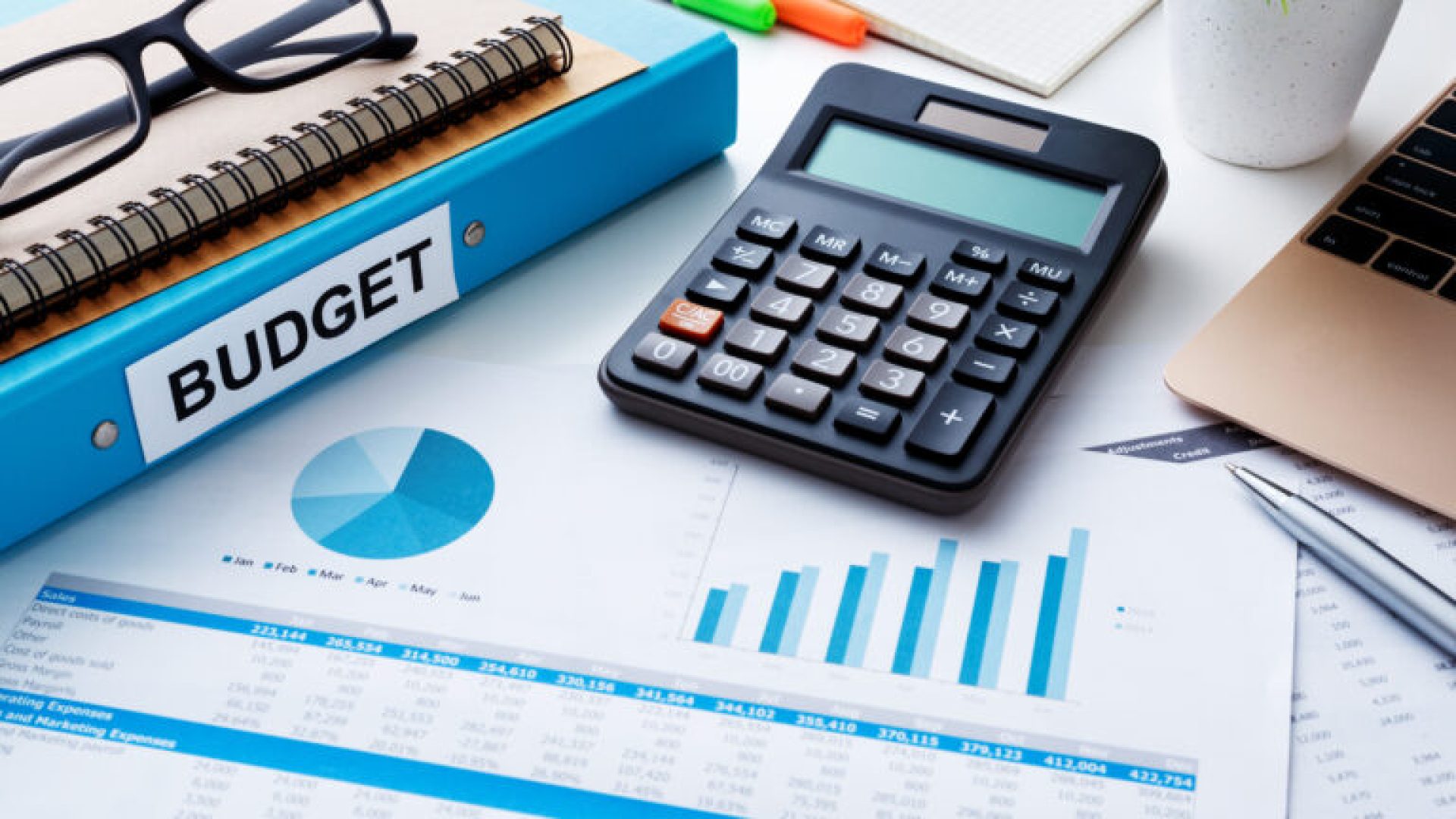Step by Step Guide to Property Management Budgeting
Building an effective property management budget is crucial for success. It allows property managers to allocate resources efficiently, plan for future expenses, and ensure the financial health of the property. Whether you are managing a single-family home, apartment complex, or commercial property, the following guide provides a comprehensive overview of property management budgeting.
- Operating Expenses:
- Utilities: Include costs for electricity, water, gas, sewage, trash removal, and any other relevant utilities.
- Maintenance and Repairs: Budget for routine maintenance tasks as well as unexpected repairs.
- Property Management Fees: If you’re outsourcing property management, include the associated fees.
- Insurance: Property insurance costs for coverage against damage, liability, and other risks.
- Property Taxes: Allocate funds for property taxes based on the property’s assessed value.
- Legal and Professional Fees: Budget for legal services, accounting, and other professional fees.
- Reserve Fund:
- Capital Expenditures: Plan for major expenses like roof replacements, HVAC system upgrades, or other significant improvements. A reserve fund helps cover these large, infrequent costs.
- Administrative Expenses:
- Office Supplies: Budget for paper, printer ink, software licenses, and other administrative necessities.
- Technology: Include costs for property management software, website maintenance, and other tech-related expenses.
- Personnel Costs:
- Salaries and Benefits: If you have on-site staff or property managers, include their salaries, benefits, and any bonuses.
- Training: Budget for ongoing training to keep staff updated on industry best practices.
- Common Area Expenses (for multi-unit properties):
- Landscaping: Budget for maintaining common outdoor spaces.
- Common Area Utilities: Allocate funds for shared utilities in common areas
- Contingency Fund:
- Miscellaneous Expenses: Set aside a portion of the budget for unexpected costs that may arise.
- Revenue and Income:
- Rental Income: Include expected rental income based on current and projected occupancy rates.
- Late Fees: If applicable, include income from late fees.
Remember to review and adjust the budget regularly based on changing market conditions, property needs, and any unexpected expenses. Keeping accurate financial records and staying proactive in budget management is crucial for the long-term success of property management.
Fill out the form below to access our free, comprehensive property management budget template.





